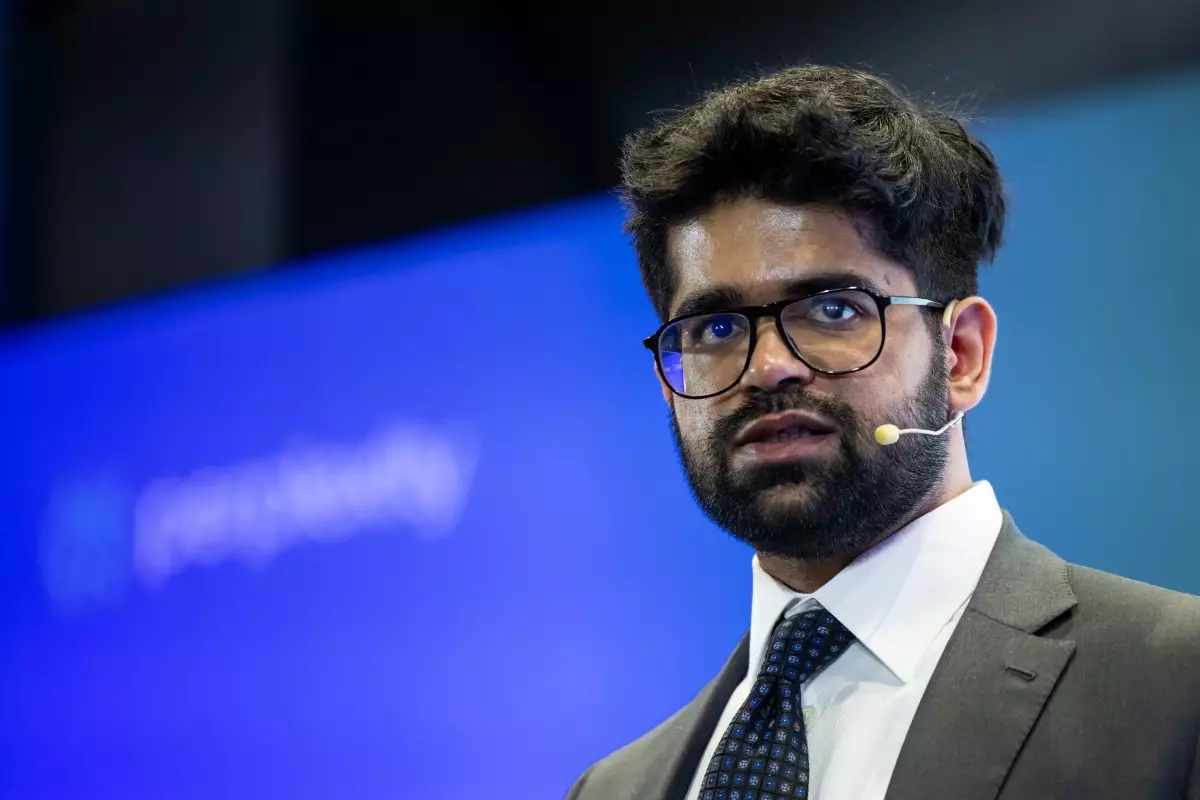The advent of artificial intelligence (AI) has transformed a multitude of industries, yet it has consistently encountered friction, particularly with traditional media companies. A recent blog post from Perplexity, an AI startup, exemplifies the rising tensions between these two sectors. In response to a lawsuit filed by News Corp, alleging extensive copyright infringements, Perplexity defended its operations, asserting that many traditional media outlets are resistant to the evolution of technology that could reshape how information is accessed and consumed.
This clash highlights a broader theme: the resistance of established corporations to the disruptive potential of AI, particularly when the very nature of news distribution and consumption is at stake. Perplexity criticized the bombardment of lawsuits from various media entities, suggesting that these companies are fundamentally averse to the existence of advanced AI tools, thereby missing opportunities for collaboration. However, such a stance raises pertinent questions about the ethical and legal ramifications of using copyrighted material in new technological frameworks.
In their recent blog post, Perplexity makes sweeping claims regarding the media industry’s desire to monopolize public facts. The assertion that media corporations wish AI would simply disappear poses a provocative assertion. Yet, the lack of substantial evidence to support this claim detracts from its credibility. By declaring the lawsuit as “shortsighted” and “self-defeating”, Perplexity takes an aggressive approach but fails to directly address the heart of the legal complaints: that it allegedly reproduces content from various publishers to compete with them.
The omission of specific evidence and supporting arguments throughout their analysis raises skepticism about the validity of their posturing. Indeed, the rhetoric employed feels defensive rather than illuminating, as it glosses over the complexities involved in the copyright debate surrounding generative AI.
An interesting facet of this ongoing conflict is that some media organizations appear to be open to collaborations with AI firms. News Corp, for example, boasts partnerships with OpenAI, integrating its journalists’ content within platforms like ChatGPT. This reality suggests a nuanced landscape where not all media companies outright reject AI, but rather question the terms of engagement when it comes to generative AI tools like Perplexity.
Moreover, Perplexity’s own partnerships with traditional media outlets, such as Time and Der Spiegel, point towards the duality of innovation and concern present in the media sector. While partnerships may yield revenue-sharing opportunities, the underlying tension remains palpable, influencing how these AI entities conduct themselves moving forward, particularly in light of increasing scrutiny.
Speculations and Future Implications
Perplexity’s blog post not only deflects allegations but also adds a layer of speculation regarding the motivations behind the lawsuit. Notably, they questioned whether News Corp would utilize specific examples cited in its complaint, asserting that these were sensationalized to provoke public sentiment rather than backed by substantive claims. This points to an indicate tension where legal strategies and public narratives intermingle. The eventual courtroom proceedings will undoubtedly expose the discrepancies and drive the media narrative surrounding AI compliance and ethical considerations.
The future trajectory of AI and media relations remains uncertain. With a growing number of lawsuits aimed at generative AI startups questioning copyrights and site usage, the landscape is set for turbulent negotiations. The focus will likely pivot toward how AI companies can engage ethically with media organizations and vice-versa, ideally culminating in solutions that enhance access to information while honoring the rights of content creators.
The dialogue between AI firms like Perplexity and established media companies must evolve to stress collaboration, rather than confrontation. As both sectors grapple with the intricacies of copyright and technology, a cooperative approach could yield innovative solutions that benefit information dissemination while safeguarding the interests of content creators. Ultimately, there is a pressing need for a balanced framework that recognizes the contributions of both parties, paving the way for a shared future where AI and media coexist and thrive together.

